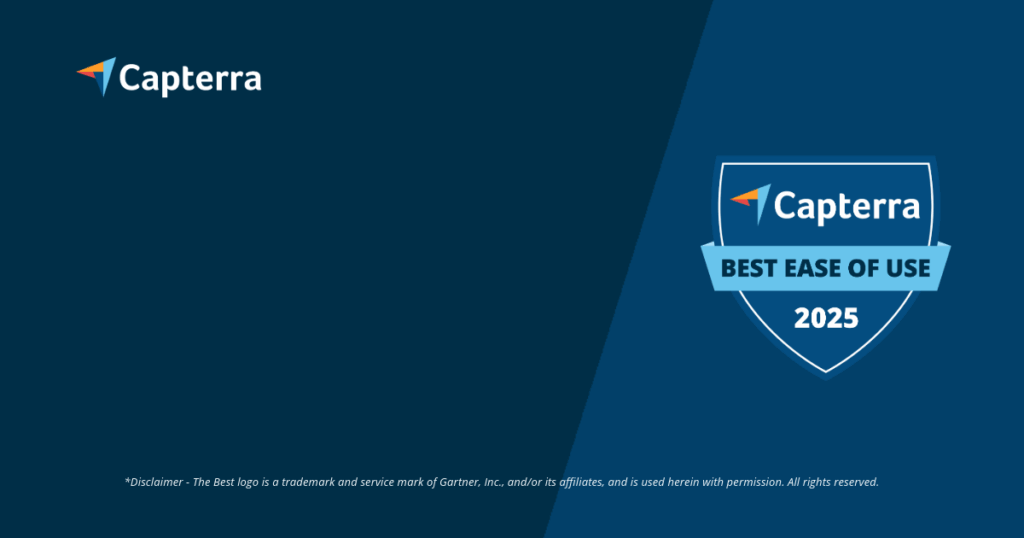Collaboration and communication in real-time
Cloud-based construction management software has a significant impact on how teams interact and communicate. This technology enables seamless collaboration among project stakeholders, regardless of their physical location. By centralizing project information, these systems increase transparency and accountability across all phases of the construction process.
Connection between team members at different locations
Construction management software bridges the gap between on-site workers and office staff. It allows for immediate sharing of construction reports, photos, and progress updates, making it feel as if everyone is in the same meeting room. This real-time connection facilitates a quick response to issues that arise on-site. Project managers can instantly relay instructions and tasks to on-site workers, reducing response times and enhancing problem-solving efficiency.
Instant updates and notifications
The software enables real-time updates and data tracking, ensuring that all project information is constantly updated and shared with stakeholders. This eliminates the need for manual updates and ensures that everyone has access to the latest data. Consequently, the likelihood of misunderstandings, errors, and delays is significantly reduced, as the entire team works with the same reliable information.
Improved decision-making through shared information
By centralizing project data, cloud-based construction management software enhances decision-making by providing project managers with quick access to information about progress, tasks, and deadlines. This immediate visibility allows managers to quickly identify areas that are falling behind schedule and take action to keep the project on track. With access to up-to-date information on budgets, costs, schedules, and documentation, project managers can make informed decisions that improve project outcomes.
Enhanced data security and accessibility
Cloud-based construction management software has a significant impact on the security and accessibility of data. This technology provides robust protective measures that ensure critical project information is secure and easily accessible.
Reliable encryption and data protection
Construction management systems use advanced encryption methods to protect sensitive data. These solutions employ strong encryption algorithms like the Advanced Encryption Standard (AES) with a key length of at least 256 bits to secure information both at rest and in transit. This level of security ensures that even if unauthorized individuals gain access to the data, they cannot decrypt it without the appropriate decryption key.
Automatic data backup and recovery
Cloud-based construction management software provides automatic backup solutions that ensure project data is regularly backed up and can be quickly restored in case of loss. These systems often utilize secure external storage or cloud solutions with strong encryption to protect against physical and cyber threats. Additionally, many platforms offer comprehensive disaster recovery plans that allow construction companies to quickly resume operations in the event of data loss or system failure.
Access control and user permissions
Construction management software implements robust access control measures to ensure that only authorized personnel can access sensitive information. Role-based access control (RBAC) is a common feature that allows administrators to assign permissions based on user roles within the organization. This approach restricts access to sensitive data to those who need it to perform their duties. Multi-factor authentication (MFA) adds an extra layer of security by requiring users to provide two or more verification factors to access systems, reducing the risk of unauthorized access.
Increased productivity and efficiency
Cloud-based construction management software has a significant impact on productivity and efficiency in the construction industry. By optimizing workflows and automating repetitive tasks, these systems enable project teams to focus on more important aspects of their work.
Workflow and process optimization
Construction management software consolidates project data and allows team members to efficiently access important information. This centralization reduces manual data entry efforts, minimizes errors, and ensures that everyone is working with the same up-to-date data. With real-time updates and a single source of truth, project managers can make faster, better-informed decisions, ultimately improving project performance.
Automation of routine tasks
One of the main advantages of construction management software is its ability to automate routine tasks, saving time and reducing the likelihood of errors. The software can automatically generate reports, schedule tasks, and send notifications. By taking over these repetitive functions, the system allows project teams to focus on more complex and strategic tasks, ultimately increasing efficiency and project outcomes.
Mobile access for on-site updates
Mobile accessibility is a crucial advantage in construction projects. With cloud-based construction management software, team members can access important project information from virtually anywhere, update task statuses, and seamlessly communicate with colleagues. This real-time connection enables quick problem-solving on-site, as project managers can immediately assign tasks and provide instructions to workers on the job site. This agility not only accelerates problem resolution but also enhances overall project efficiency.
Cost savings and scalability
Cloud-based construction management software offers significant financial benefits and flexibility for construction companies. This technology has the potential to transform how businesses manage resources and adjust to changing project requirements.
Reduced IT infrastructure costs
The adoption of cloud tools for construction management allows companies to significantly reduce their IT expenditures. Cloud solutions eliminate the need for expensive on-site servers, frequent hardware upgrades, and regular maintenance, as these are managed by the cloud provider. This shift enables construction companies to transition from significant capital investments in infrastructure to manageable operating expenses, allowing them to focus resources on core business activities instead of IT management.
Pay-as-you-go pricing
A key benefit of cloud-based construction software is its flexible pricing model. Many providers offer pay-as-you-go options, allowing companies to pay only for the resources they actually use. This configuration is particularly advantageous for small and mid-sized construction firms, as it avoids high upfront investments. Companies can start with a smaller package and expand it as their business grows to maximize cost efficiency and effectively utilize resources.
Easy scalability with business growth
Cloud-based construction management software offers unprecedented scalability, allowing companies to easily adapt to changing needs. As projects expand or demand increases, the software can be quickly adjusted to meet new requirements without the need for costly hardware upgrades or reinstallations. This flexibility enables construction companies to efficiently handle increased workloads, take on larger projects, or manage multiple job sites simultaneously without losing productivity or incurring significant additional costs.
Conclusion
Cloud-based construction management software has a significant impact on the industry, bringing positive changes in collaboration, data security, productivity, and cost management. These tools enable real-time communication, enhance data protection, and optimize workflows, leading to more efficient project execution. Furthermore, the scalability and cost-effectiveness of cloud solutions make them accessible for construction companies of all sizes, fostering growth.
FAQs
– What are the main benefits of cloud software?
Cloud software offers numerous advantages, including faster implementation that accelerates development, scalability and flexibility to adjust resources as needed, lower costs, improved team collaboration, enhanced security measures, and protection against data loss.
– What benefits does cloud-based CAD offer modern designers?
Cloud-based CAD systems provide numerous benefits, such as easy access from various locations, cost efficiency, scalability to adjust resources based on project size, improved collaboration through real-time sharing, seamless integration with other tools, robust security features, and enhanced overall productivity.
– Why is cloud technology important in the construction industry?
Cloud technology is crucial in the construction industry as it enables cost reductions by eliminating the need for expensive on-site hardware and constant maintenance. It also provides scalability, allowing construction companies to easily adjust their resources to project requirements and workload fluctuations.
– What does cloud-based project management in construction involve?
Cloud-based project management in construction involves online management of various processes, saving time and reducing the exchange of physical documents. It enables construction teams to access documents, work orders, and plans from any location with internet access, reducing the need for frequent trips to and from the office.
Learn more now and read more interesting articles on our blog.!








